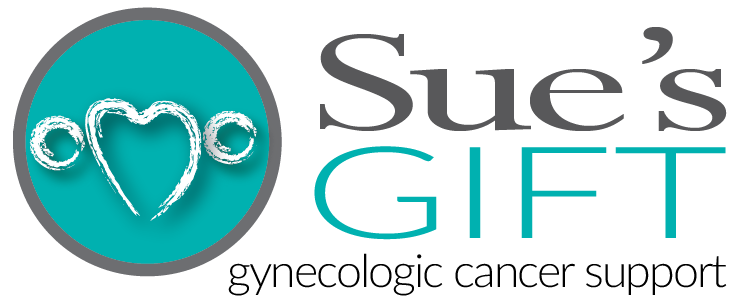It All Takes Time
“The difficult takes time, the impossible a little longer.”
Image Credit @towfiqu-barbhuiya
We can choose how to respond when confronted with difficult events, such as a cancer diagnosis, the end of a relationship or job, or the death of a friend or family member. We can let it define us, destroy us, or strengthen us. But it’s a difficult road to navigate, and it takes time.
Typically, our first response is to ask, “Why?” “Why did this happen to me?” believing that we’ll manage the situation better if we can find that answer. It’s often the case that we may never know “why” something happened, and dwelling on “why” can keep us stuck in grief and despair.
Asking “how” something happened is also common, which can be helpful. Years ago, I had a ceramic advent wreath I’d made when I was into ceramics. It was beautiful. I placed green candle rings with red berries around the four purple candlesticks. It was the third Sunday of Advent, and I lit three candles. I was in a Christmas mood and decided to make a quick last-minute shopping run, forgetting that the candles were still burning. When I came home, the house was full of smoke, the white walls were blackened, and the rug was burned underneath the small Advent candle table. If my husband hadn’t gotten home and put out the fire, our entire house would likely have been gone. How did that happen? Well, I was focused on too many things – not present – not mindful. I always blew out candles before I left the house, but not this time. And the results could have been disastrous. Asking, “How did this happen?” resulted in a change in my behavior. From then on, I chose to use only jar candles and always be mindful to blow out a candle when leaving a room – even when I’m still in the house.
Many cancer patients ask, “How did this happen?” “Was this caused by my diet or exposure to toxic cleaning products?” While there’s nothing wrong with changing one’s behavior, like following a healthier diet or paying attention to labels, frantically searching for the cause of the disease can cause additional stress and keep one in a constant state of distress, which is unhealthy.
Sometimes there may be a cause/effect relationship (Roundup and lymphoma, for example); however, in many cases, a cause may never be discovered, and the focus remains on the wrong question. The more helpful question is, “Will I let this define me for the rest of my life?” I believe any loss or difficult situation, at least initially, defines us. It takes time to move from an initial, defining moment to a time when we feel stronger and sturdier.
How does that happen? It happens by talking to others who’ve been down this road. It happens by taking time to grieve our losses. Adele Rice Nudel, in her book, Starting Over, says it best when she talks about feeling all of the feelings of grieving:
Good grieving…means allowing yourself the full gamut of feelings during bereavement: rage, some self-pity, guilt feelings, panic, depression, despair, quiet sorrow, loneliness, hysteria (no one talks about that inner hysteria) and apathy. To get rid of all those feelings, it takes a great deal of time. You can’t be rushed. It feels terrible, going through those feelings, but you can’t be rushed, and it is necessary to feel in order to heal. When you really accept that, you’ll no longer need to ask, “When does it get better?”
At the outset, it may seem impossible. But you are not alone. Others have been down a similar road. Read about them – talk to them, and remember, it all takes time.
Leave feedback for the author here. (Comments are not posted online.)

